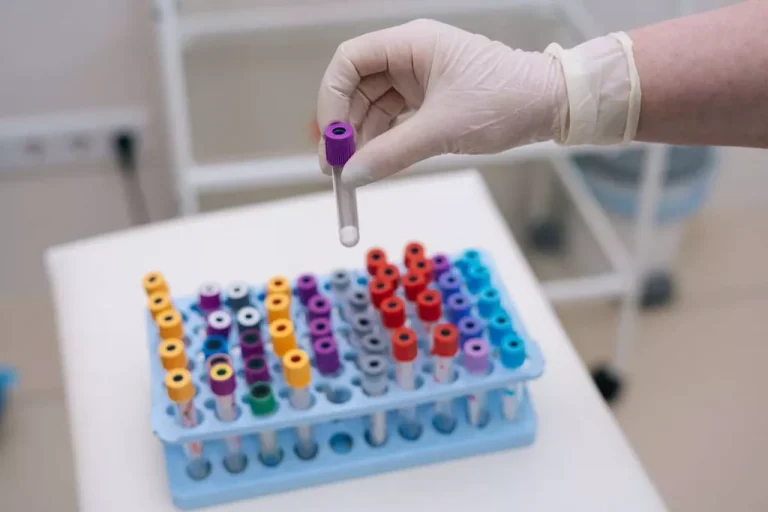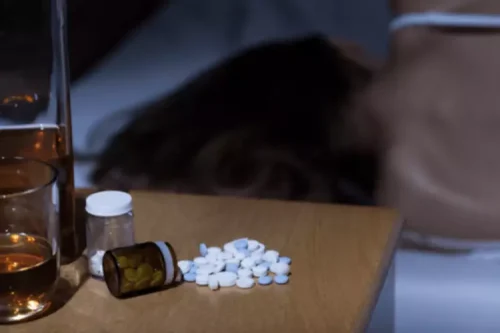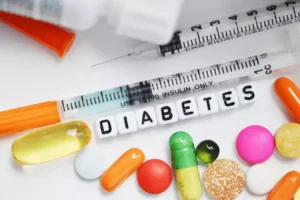Cognitive Behavioral Therapy: CBT Techniques For Addiction

When it comes to addiction, CBT can help you take steps to reframe your situation to avoid triggers. When you find a therapist skilled in CBT, you can take steps to apply the skills you learn to future situations. If you’re in a recovery process, she recommends asking people if they have any recommendations for therapists. Word of mouth can be a great way to find a clinic or a therapist that someone you know has personally used. Write down the negative thoughts you might have between therapy sessions and how you replaced them with more positive ones. A benefit of CBT is that you can start making changes right away and use these skills for the rest of your life.
Cognitive strategies in managing addictive behaviours

Cognitive Behavioral Therapy (CBT) is a leading behavioral approach for intervention with alcohol or other drug use disorders (Substance Abuse and Mental Health Services Administration, 2014). Despite its widespread application, the last meta-analysis of CBT efficacy for substance use cognitive behavioral therapy was conducted 10 years ago (i.e., Magill & Ray, 2009). This is a significant gap, given the role meta-analysis plays in guiding clinical practice decisions at both micro (e.g., individual providers) and macro (e.g., community agency administrators, public service funders) levels.
Couples and Family Treatments
Our team does their best for our readers to help them stay informed about vital healthcare decisions. Addiction Resource team has compiled an extensive list of the top drug rehabilitation facilities around the country. Click on the state you are interested in, and you’ll get a list of the best centers in the area, along with their levels of care, working hours, and contact information. You, nor your loved one, are under any obligation to commit to a Legacy Healing Center treatment program when calling the helpline.

DIAGNOSIS: Gambling Disorder
- Many therapists and addiction treatment centers include CBT as part of their recovery plans.
- In a randomized controlled trial, 75 adults with marijuana use disorder were randomized to 2 sessions of brief treatment versus a 9-session clinician-delivered MET-CBT approach, or a 9-session version of TES emphasizing MET and CBT.
- Specific behavioral and cognitive-behavioral interventions administered to individuals are reviewed below, followed by a review of family-based treatments.
- If you are interested in learning more about cognitive behavioral therapy for substance use disorders, help is available.
To learn more about online therapy, explore your options here to see what methods are available. By continually revisiting painful memories, those in treatment can reduce the pain caused by them. Get professional help from an online addiction and mental health counselor from BetterHelp.
Primary Study Outcome Variables

Consistent with findings on other evidence-based therapies, CBT did not show superior efficacy in contrast to another specific modality. Moreover, it is recognized as equivalent in efficacy to pharmacological treatment of depression during the acute phase of symptoms. However, it should be applied together with other treatments, either psychotherapy or medication, in most cases. One study on the prevention of recurrent depression has shown that cognitive behavioral therapy can significantly lower the residual symptoms after successful antidepressant treatment. There are some specific cognitive behavioral therapy techniques that are effective at all stages of change in recovery.
Where Can I Receive CBT Treatment
One particular skill is the importance of gaining a greater awareness of our automatic thoughts so we can examine both the accuracy, as well as the helpfulness, of such thoughts. When you can identify these patterns, you start to work with your therapist on changing your negative thoughts into positive, healthier ones. You and your therapist will learn how to discover patterns in https://ecosoberhouse.com/ your thinking that are unhealthy, and how these thoughts have a negative impact on your behaviors and your own beliefs. One helpful cognitive strategy in the initial phase of CBT includes using the Advantage/disadvantage technique with the patient29. The therapist and patient collaboratively review the advantages/disadvantages of engaging in substance use or addictive behaviour.
Addicts can learn to understand the motivations that led to substance abuse in the first place. Studies show it can help reduce the risk of relapse in people with certain drug addictions, especially when paired with other medical and behavioral healthcare services. Cognitive behavioral therapy is one of the most common types of therapy offered by drug and alcohol rehab programs and addiction treatment providers.

Cognitive Behavioral Therapy Delivered in a Digital Format
There can be a wide range of thoughts like these, but all of them point to a smattering of automatic thoughts that may come up when faced with stressors, triggers, or cravings to use. These thoughts are closely connected to our feelings and, most of all, our behaviors. Mindfulness, is drawn from Zen Buddhist teachings and refers to viewing things in a special way. The mechanisms of mindfulness include being non-judgemental, acceptance, habituation and extinction, relaxation and cognitive change35.
- Cognitive behavioral therapy is adaptable, making it effective in inpatient and outpatient settings, as well as individual and group counseling environments.
- It was developed more than half a century ago by American psychiatrist Dr. Aaron T. Beck and is commonly used to treat various mental health disorders, such as anxiety, phobias, personality disorders, schizophrenia, marital discord, and substance abuse.
- One particular skill is the importance of gaining a greater awareness of our automatic thoughts so we can examine both the accuracy, as well as the helpfulness, of such thoughts.
- However, most SUD treatments occur in service provision settings under conditions that are far from optimal.
Does Cognitive Behavioral Therapy Help in Addiction Treatment?
Several studies have developed web-based interventions for individuals with stimulant use disorders (amphetamines or cocaine). In a study conducted fully online in Australia, 160 individuals with self-reported amphetamine use problems were randomly assigned to a three-session computerized intervention based on MI with some components of CBT or a wait list control (Tait et al., 2014). Uptake of the computerized intervention was weak, with only 63% of those assigned to this condition accessing a module, and rates of 3-month follow-up were modest across conditions (57% of those in waitlist control and 48% of those assigned to computerized intervention). As standard outcomes (urinalyses or self-reported days of amphetamine use) were not reported, it was difficult to draw conclusions regarding the efficacy of the intervention in this sample. Relapse prevention (RP) is a cognitive behavioural treatment program, based on the relapse prevention model27,28. A psycho-educational self-management approach is adopted in this program and the client is trained in a variety of coping skills and responses.